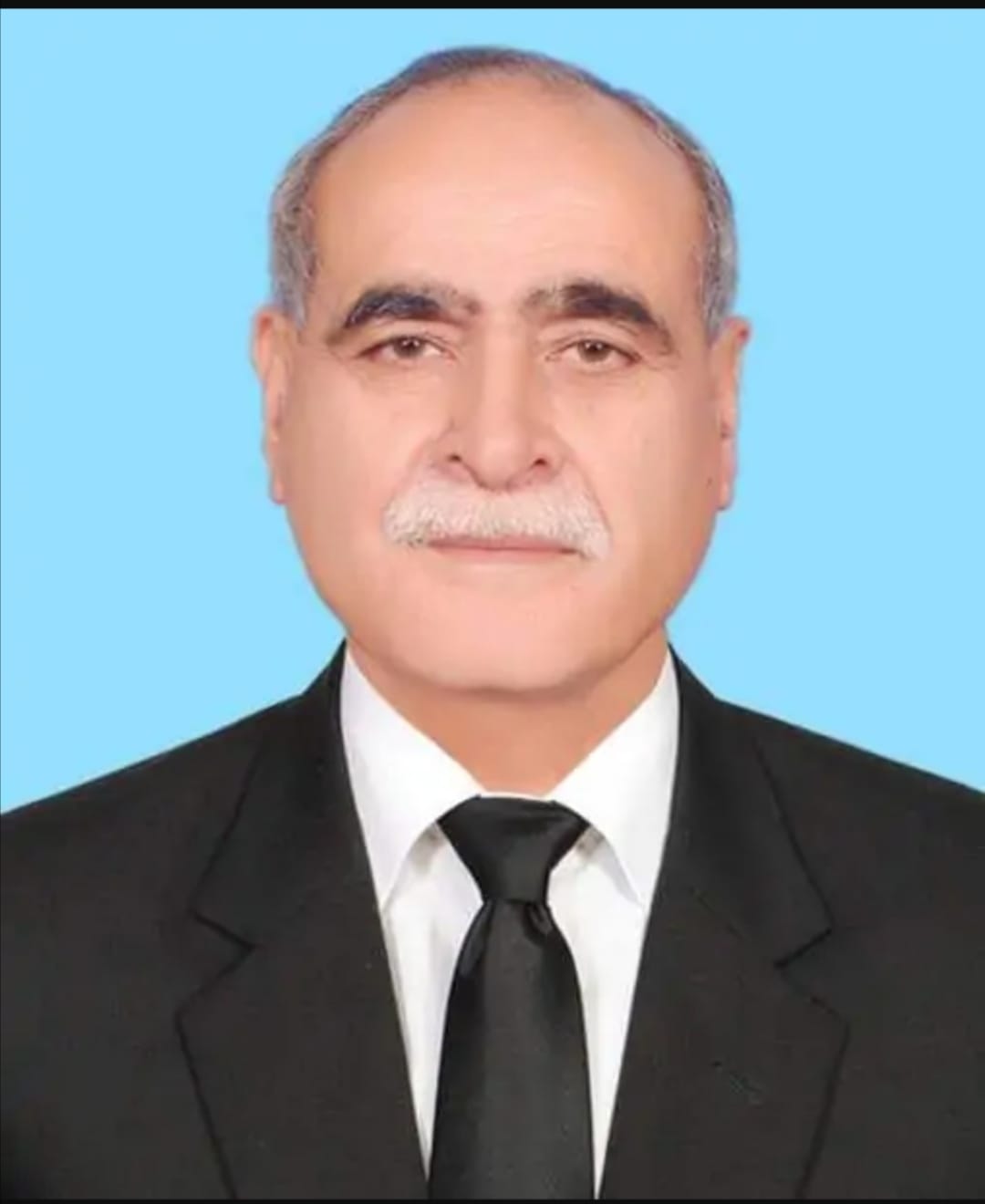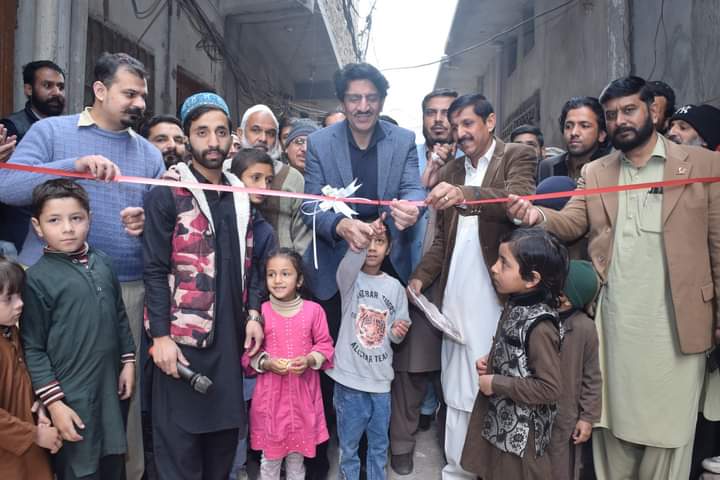The War of Minds:Extremeism and National Unity
The most lethal weapon in human history is not forged from iron or gunpowder but from thought—the kind that imprisons reason. Extremism is that poison of the mind which strips people of tolerance, alienates them from dialogue, and breeds violence in the name of faith or ideology. It seeps quietly into the collective conscience until a person begins to believe that his creed must dominate all others. That is the moment when societies begin to decay.
For an ideological state like Pakistan, extremism is not merely a social problem; it is a question of survival. This nation was founded upon the Two-Nation Theory—upon the harmony of faith, intellect, tolerance, and justice. When moderation departs from faith, belief turns into slogan, not spirit.
The roots of extremism lie not only in misplaced zeal but in intellectual deprivation. When education becomes a degree rather than an awakening, minds shrink. Injustice, political uncertainty, and economic frustration feed the flames of radicalism. Deprived of purpose, the youth become easy prey to those who offer them a false “mission.” This vacuum can be filled only with learning, inquiry, and truth.
Extremism is not new to Muslim history. From the Khawarij to later sectarian conflicts, each episode showed that when religion is confined within the narrow walls of self-righteousness, unity collapses. Yet the mainstream of Islam has always stood for moderation and balance. The great jurists—Imam Abu Hanifa, Imam Shafi‘i, Imam Malik, and Imam Ahmad bin Hanbal—disagreed profoundly, yet with dignity. Among the Shia schools too, diversity flourished under the shared principles of faith, justice, and moral discipline. Their differences never fractured the moral fabric of the Ummah; disagreement remained a source of learning, not hostility.
Today that intellectual grace is lost. Sect, language, ethnicity, and politics divide us in ways our forefathers never imagined. Disagreement has turned into enmity; debate into denunciation. Yet whenever the nation’s conscience is awakened—whether for a religious or national cause—the same divided voices unite under one flag. The people of Pakistan still yearn for unity, not hostility. It is this yearning that must be nurtured: turning hatred into harmony and confrontation into conversation.
Some observers believe that at times political or state institutions have, for short-term ends, used religious or ideological groups as tools. But history warns that once fire meets gunpowder, no fire brigade can stop the blaze. Every institution must remain within its constitutional bounds, for forces built to defend the nation should never—wittingly or unwittingly—become causes of its division.
The state’s foremost duty is to restore intellectual balance and social harmony. In the digital age, media—especially social media—has become a weapon mightier than the sword. Used with wisdom, it can spread learning and tolerance; used for propaganda, it can destroy generations. Our youth must learn that expression is not accusation but reasoning. These platforms should become instruments of education, peace, and national cohesion.
Pakistan has taken decisive steps against extremism: the National Action Plan, reforms in religious education, and a renewed ideological narrative. Under the firm leadership of Field Marshal Syed Asim Munir, the Pakistan Army has reaffirmed that the nation’s battle is fought not only on borders but also in minds. His resolve, reflected in operations such as Bunyān al-Marsūs, has strengthened internal peace and restored the state’s authority. He embodies the spirit of Wastihaha—that noble moderation which harmonizes power with humility, conviction with tolerance, and wisdom with restraint.
The country’s political and diplomatic fronts have also entered a phase of rare harmony. The statesman Muhammad Nawaz Sharif’s vision, translated into action by Prime Minister Muhammad Shahbaz Sharif, has infused governance with discipline and purpose. Under their stewardship, development has regained momentum, investor confidence has revived, and institutional coherence is being restored. Deputy Prime Minister and Foreign Minister Senator Ishaq Dar has balanced economic prudence with diplomatic composure, re-energizing relations with China, Turkey, Iran, and the Gulf.
This unity of purpose between civil and military leadership has re-established Pakistan’s credibility abroad. On the issues of Palestine and Kashmir, the country’s voice now carries moral clarity and diplomatic weight. When leaders think and act in one direction, nations move from crisis toward renewal.
Extremism, in contrast, paralyses the soul before it wounds the body. Its antidote is knowledge, justice, and compassion. When a nation learns that love is stronger than hatred, no extremist creed can prevail. The cure for this poison lies in restoring Wastihaha—moderation—as our collective temperament.
Pakistan’s future rests upon unity, order, and visionary leadership. The present course shows that the country is once again becoming a responsible nuclear power defined not by defiance but by dignity, not by rage but by balance. If we preserve this spirit of harmony at home—anchored in law, merit, and fairness—then extremism, hatred, and division will fade into the past, and Pakistan will stand before the world as a nation of peace, resolve, and honour.



